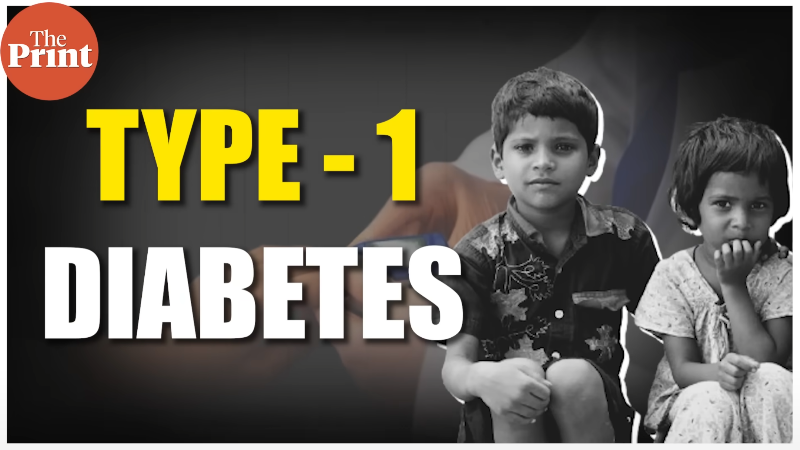by University of Edinburgh
Genetic relationships between ten neurodevelopmental and psychiatric disorders. Credit: Molecular Psychiatry (2024). DOI: 10.1038/s41380-024-02649-8
Scientists have shed new light on the genetic basis of dyslexia, showing how it overlaps with that of attention deficit hyperactivity disorder (ADHD).
This study, led by the University of Edinburgh, is the first to explore the genetic links to dyslexia—believed to affect 10 percent of the population—in the context of neurodevelopmental and psychiatric traits.
The findings could help in tailoring targeted educational, employment and well-being support systems for people with dyslexia or ADHD, experts say.
The findings aid understanding of the biology behind dyslexia—a difficulty with reading and spelling—and ADHD, a condition associated with difficulty concentrating, hyperactivity and impulsivity.
Researchers at the University of Edinburgh analyzed large public anonymized datasets of genetic data on 10 neurodevelopmental and psychiatric conditions from the Psychiatric Genomics Consortium, along with dyslexia genetic statistics from an analysis of around one million people in collaboration with 23andMe, a genomics and biotechnology company.
They used a statistical tool to find clusters of genetically similar traits for dyslexia and 10 neurodevelopmental and psychiatric traits including ADHD, anorexia nervosa and Tourette syndrome.
They conducted more detailed analyses to identify specific genetic regions that overlap between dyslexia and ADHD.
Among the 10 psychiatric traits included in the study, five genetically linked clusters known as latent genomic factors were identified.
ADHD was more strongly related to an attention and learning difficulties factor than with factors related to neurodevelopmental traits like autism and Tourette syndrome.
Follow-up analyses of the attention and learning difficulties factor identified 49 genetic regions and 174 genes shared between dyslexia and ADHD, of which 40 regions and 121 genes have not been previously identified.
"This is the first time that genetic links to dyslexia have been studied in the context of psychiatric traits. In the future, other learning difficulties such as dyscalculia or dyspraxia should be included to allow for a more nuanced understanding of the relationships between them," says Austėja Čiulkinytė, A Translational Neuroscience Ph.D. student at the University of Edinburgh, who led the study.
"By studying many related behaviors together we are able boost the statistical power for gene discovery," adds Professor Michelle Luciano of the School of Philosophy, Psychology and Language Sciences.
The work is published in the journal Molecular Psychiatry.
More information: Austeja Ciulkinyte et al, Genetic neurodevelopmental clustering and dyslexia, Molecular Psychiatry (2024). DOI: 10.1038/s41380-024-02649-8
Journal information: Molecular Psychiatry
Provided by University of Edinburgh







Post comments